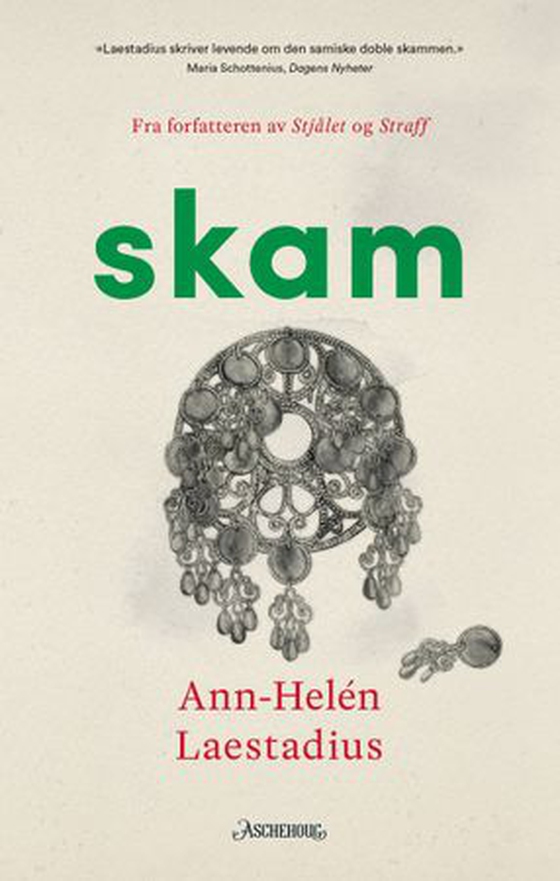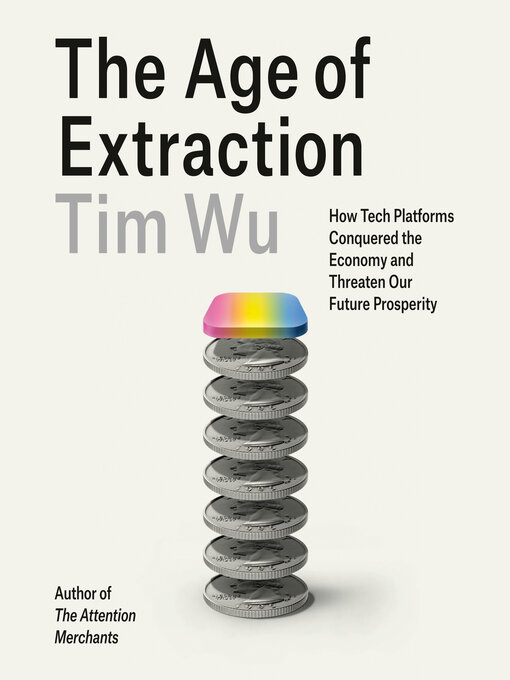A plague of public and private surveyors, demographers, and hydrologists infested the valley. They hailed form the Bureau of Reclamation, the Bureau of Land Management, the state engineer’s office, the Interstate Streams Commission, the Dynamite Shrine Miracle Development Corporation, the Mosquito Valley Ski Company, the Bureau of Indian Affairs, the Four Rivers Association, and the Albino Pine Defense Fund. Gardens were trampled, cows frightened while calving; horses bolted through fences, and cattle strayed. A hundred peeping toms were reported to the police, No Trespassing signs went up everywhere, angry shots were fired at the official strangers in puttees and knickers and pith helmets drawing imaginary lines through the locals’ sacred property.
Pretty soon Virgil Leyba was defending dozens of penniless small farmers against manslaughter, assault and battery, aggravated injury, even a couple of murder charges, as farmers and ranchers defended their private property against the invasion of menacing officialdom bent on enslaving their land and their water rights in a merciless web of inefficient pork-barrel projects and unfair taxation.
Stirred up, off-balance, the valley trembled and a hundred ghosts emerged from the uneasy, tingling woodwork. Despite the odds stacked in their favor, it wouldn’t be that easy, the Anglo Axis discovered, to encourage middle-class outsiders to come in and contend with the old ways of life.













